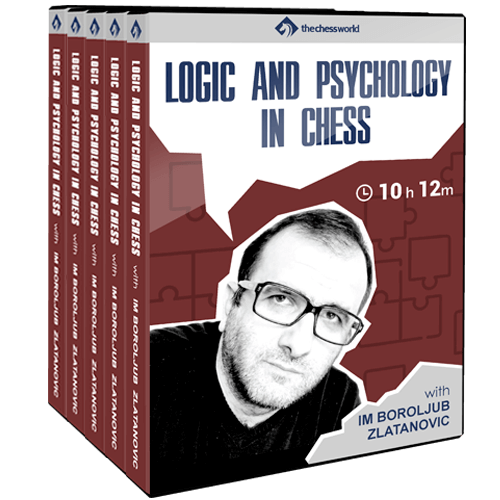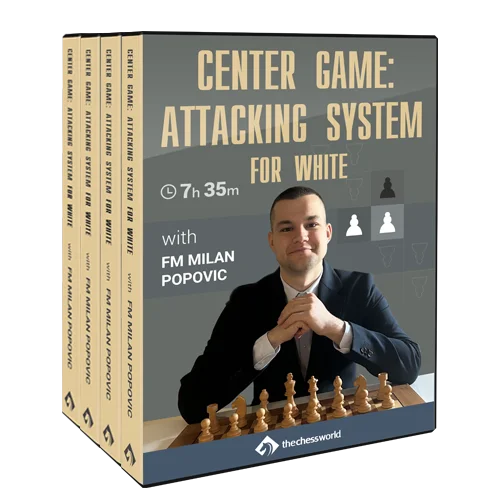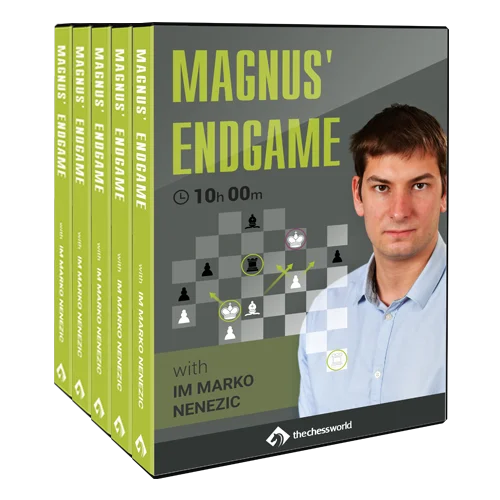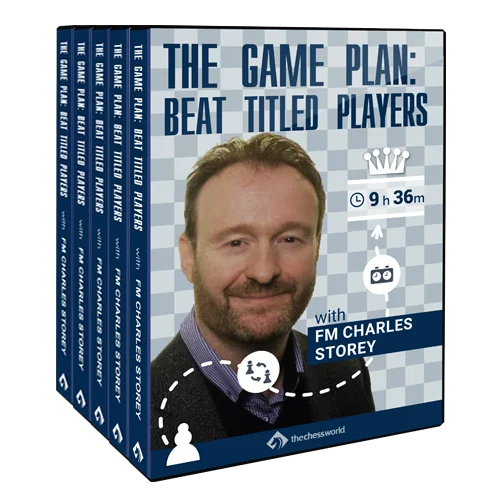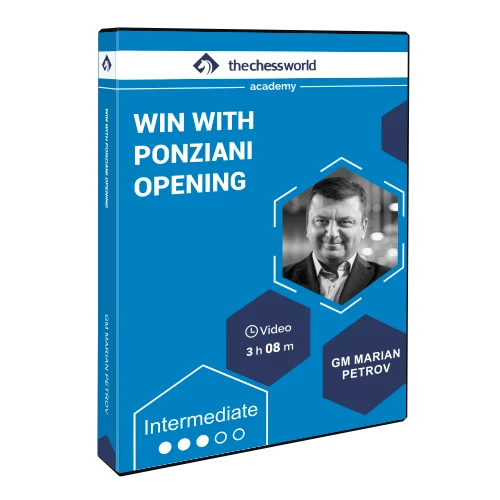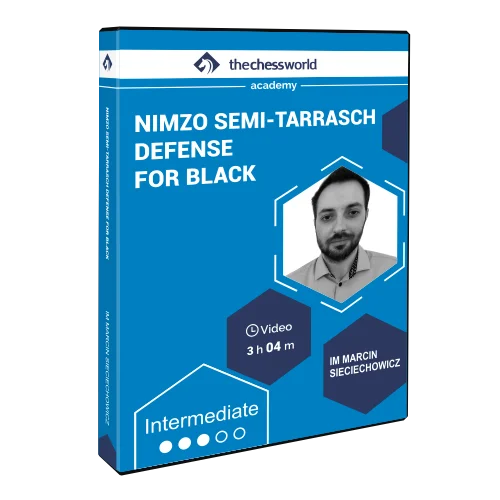IM Zlatanovic goes into a list of interesting topics like this, and how to exploit the psychological makeup of your opponent in gaining an advantage as fast as you can.
Bobby Fischer famously said, “I don’t believe in psychology. I believe in good moves.”
As much as I revere him and admire his chess, I disagree with that statement. Why? Because he was a chess genius!
And most people are not.
So, for the average players who want to become better at chess, you want to include as many weapons in your journal as you can.
That also means — using the psychology of your opponent against him to destroy his game.
It’s very important to understand how your opponent feels during the game, what he wishes, what he fears, the style of play he is comfortable in, the area of the board he wants to fight on…
Remember, he is not a computer that is computing a million moves per second.
Instead, he is a human being—capable of making silly mistakes and blunders on every single move he makes.
That’s exactly why you should not only play the board but also your opponent.
If you want to one up on your opponent, the next time you play, check out the latest training Logic and Psychology in Chess by IM Boroljub Zlatanovic.
How to mount a surprise attack?
What kind of endgame to play for?
Play dynamically or statically?
Exchange or not?
Zlatanovic goes into a list of interesting topics like this, and how to exploit the psychological makeup of your opponent in gaining an advantage as fast as you can.
This training differs from the rest—it shows not only which lines to play or such but also… how to change your game based on your opponent’s emotions.
Here’s what you are going to learn:
- Lure the opponent into exchanges. The strategy that Andersson employed against Hazai in the Pula Zonal 1975 match… by simplifying into an endgame where he had the double bishop pair! Smart, huh?
- Mess up the enemy camp. Your opponent needs to regroup his pieces from time to time. What should you do? Restrict the mobility of his pieces… Alekhine’s 27.Kd3! did against Teichmann in Berlin 1921 by stopping e4.
- Dynamic or static? Knowing where your advantages lie and playing accordingly… the hallmark of a skilled player! It shows deeper chess understanding, and that’s what Zlatanovic teaches you in Chapter 10-14.
- A fatal pawn push. Pawn play can be illusive. Exchange off? It might open up the position for your opponent. Push it ahead? It might block your pieces or even worsen your position. Zlatanovic analyzes a full game on this.
- Strategy-first play. Long-term plans. More complex ideas. Not just calculation but powerful scheming… that’s how you defeat a stronger opponent. Want to know how? Watch the video lesson of Chapter 18.
If you want to expand your chess skills, especially in playing the opponent, this is for you.
Outline:
Chapter 1 The Exchange Problem
Chapter 2 The Exchange Problem
Chapter 3 The Exchange Problem
Chapter 4 Basing Play on Upcoming Endgame
Chapter 5 Basing Play on Upcoming Endgame
Chapter 6 Basing Play on Upcoming Endgame
Chapter 7 King Evacuation
Chapter 8 King Evacuation II
Chapter 9 Counter-Attack
Chapter 10 Dynamics or Statics
Chapter 11 Dynamics or Statics 2
Chapter 12 Dynamics or Statics 3
Chapter 13 Dynamics or Statics 4
Chapter 14 Dynamics or Statics
Chapter 15 Where to Play
Chapter 16 Where to Play 2
Chapter 17 Where to Play 3
Chapter 18 Schematic Thinking – Do Not Calculate
Chapter 19 Power of Surprise
Chapter 20 Power of Surprise 2
Chapter 21 Power of Surprise 3
Chapter 22 Power of Illusion
Chapter 23 Power of Illusion 2
Chapter 24 Power of Illusion 3
Chapter 25 Power of Illusion 4
Chapter 26 Power of Illusion 5
Meet the Author
IM Boroljub Zlatanovic [2438 FIDE]
Boroljub Zlatanovic is an International Master and a professional chess coach from Serbia. Boroljub has been coaching chess for over 15 years and his students showed outstanding results in the Youth and Junior Championships. Whether you want to improve your endgame (basic, typical, complex), middlegame (global strategy, tactics, and typical positions) or to expand and deepen the opening repertoire, you are at the right place!
